
Rahul Rai
Cloud and Containers · Sydney
Fast Track Istio
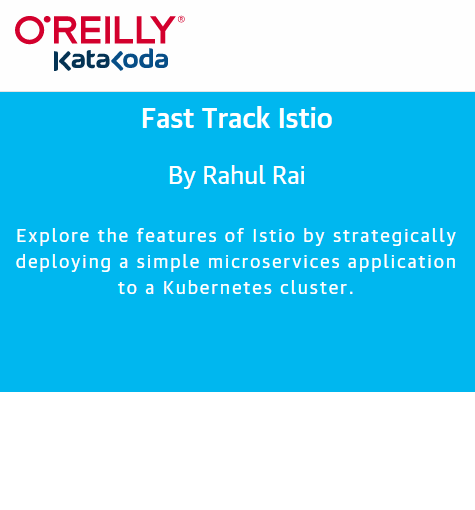
Katacoda
Author
Istio is one of the most popular solutions for service meshes in cloud-native infrastructures. I
co-authored this FREE course for participants who want to learn the basics of Istio within a day. I hosted
the workshop on Katacoda so that you can learn Istio without installing anything to your system. There is a
video playlist to accompany the workshop on YouTube. To complete the workshop, read this article for a short description of the videos, launch Katacoda, watch each
video, and practice on Katacoda.Istio Succinctly
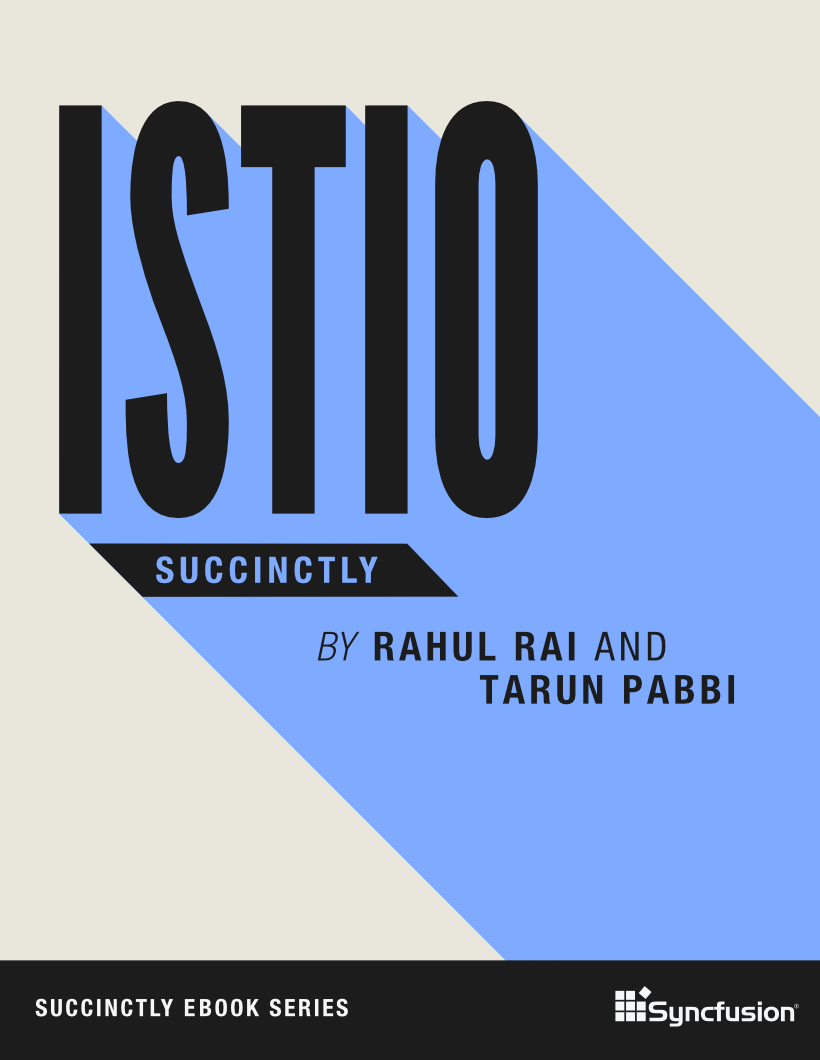
Syncfusion
Author
Istio is one of the most popular solutions for service meshes in
cloud-native infrastructures, and it is most often deployed on
Kubernetes clusters. In Istio Succinctly, authors Rahul Rai and Tarun
Pabbi provide a practical guide to getting started with Istio, from
setting up a Kubernetes cluster, to managing its traffic management,
security, observability, and policy enforcement.Kubernetes Succinctly
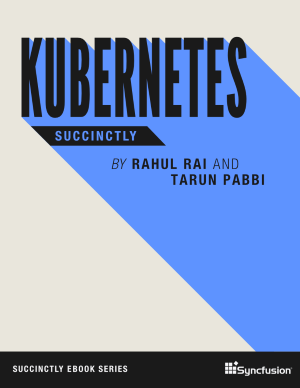
Syncfusion
Author
With excellent orchestration and routing capabilities, Kubernetes is
an enterprise-grade platform for building microservices applications.
Kubernetes is evolving as the de facto container management tool used
by organizations and cloud vendors all over the world. Kubernetes
Succinctly by Rahul Rai and Tarun Pabbi is your guide to learning
Kubernetes and leveraging its many capabilities for developing,
validating, and maintaining your applications.Microservices with Azure
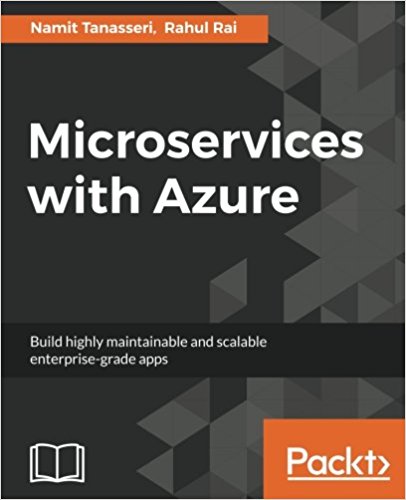
Packt
Author
- Explore architectural patterns for building modern day Microservice-based systems
- Learn about Microsoft Service Fabric as a platform to host distributed Microservices
- Discover multiple options for hosting Microservices on heterogeneous, cross-platform environments
- Learn to configure Azure Service Fabric clusters for enterprise-grade service deployments
Cloud Design Patterns
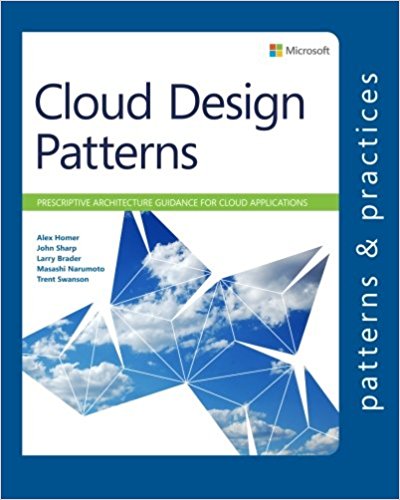
Microsoft
Community contributor
This guide demonstrates design patterns that can help you to solve the
problems you might encounter in many different areas of cloud
application development. Each pattern discusses design considerations,
and explains how you can implement it using the features of Windows
Azure. The patterns are grouped into categories: availability, data
management, design and implementation, messaging, performance and
scalability, resilience, management and monitoring, and security.